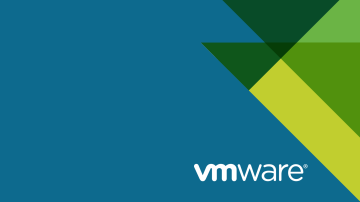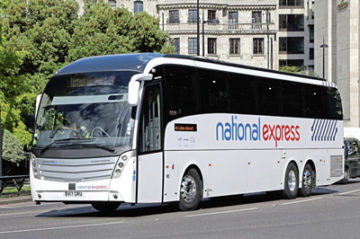Thales has said that after 15 months, it has completed its €4.8 billion acquisition of Gemalto.
The result of the deal means that Thales will be a significant digital identity and security player employing 80,000 people.
Thales said that the combination creates a compelling portfolio of digital identity and security solutions based on technologies such as biometry, data protection, and, more broadly, cybersecurity.
Thales aims to provide a seamless response to customers who don’t want any seams. This will mean critical infrastructure providers such as banks, telecom operators, government agencies, utilities and other industries as they step up to the challenges of identifying people and objects and keeping data secure.
Research and development (R&D) are at the core of the new Group, with its 3,000 researchers and 28,000 engineers dedicated to R&D.
The new Thales will cover the entire critical decision chain in an increasingly interconnected and vulnerable world, with capabilities spanning software development, data processing, real-time decision support, connectivity and end-to-end network management.
With €1 billion a year devoted to self-funded R&D, the Group will continue to innovate in its key markets, drawing in
Gemalto will form one of Thales’s seven global divisions, to be named Digital Identity and Security (DIS). Gemalto will interact with all of the Group’s civil and defence customers and will significantly strengthen its industrial presence in 68 countries. Thales will considerably expand its operations in Latin America (2,500 employees, up from 600), triple its presence in Northern Asia (1,980, from 700), Southeast Asia (2,500, from 800) and India (1,150, from 400) and North America (6,660 employees, up from 4,600).
Thales chairman Patrice Caine said that with Gemalto, Thales had acquired a set of highly complementary technologies and competencies with applications in all of our five vertical markets, which are now redefined as aerospace; space; ground transportation; digital identity and security; and defence and security.
“These are the smart technologies that help people make the best choices at every decisive moment. The acquisition is a turning point for the Group’s 80,000 employees. Together, we are creating a giant in digital identity and security with the capabilities to compete in the big leagues worldwide”, Caine said.


















